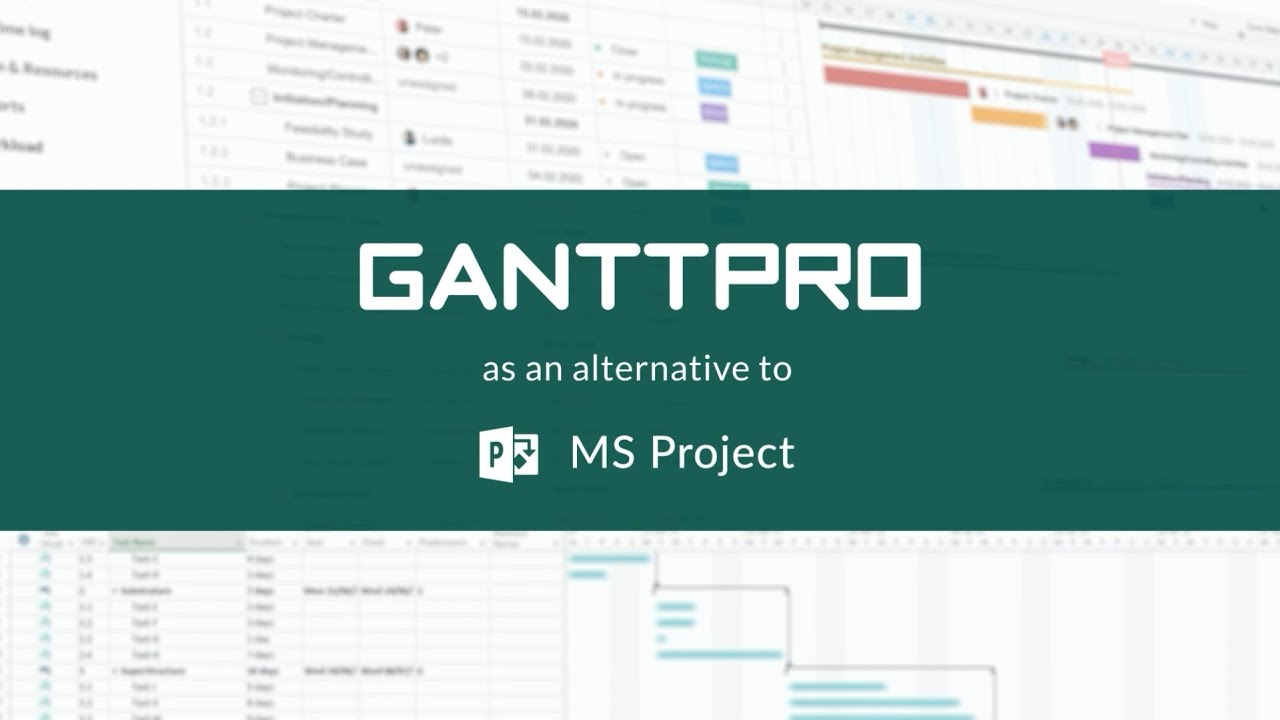Benefits of Using PMBOK in Project Management
Project management is a dynamic field that requires a wide range of skills and knowledge to be successful. From understanding project scope and budget to risk mitigation and resource allocation, project managers must have a deep understanding of all aspects of a project in order to achieve success. One tool that can help project managers achieve success is the Project Management Body of Knowledge (PMBOK).
The PMBOK is a set of guidelines and best practices for project management that has been developed and maintained by the Project Management Institute (PMI). The PMBOK provides a comprehensive framework for project management that includes five process groups and ten knowledge areas. These process groups and knowledge areas provide project managers with the tools they need to effectively plan, execute, and close projects.
Improved Understanding of Project Management Processes
One of the primary benefits of using PMBOK in project management is that it provides project managers with a common understanding of project management processes. This understanding helps project managers to ensure that all aspects of their projects are properly planned, executed, and monitored. By following the PMBOK framework, project managers can be confident that they are following best practices in project management and that their projects are more likely to be successful.
In addition, by using PMBOK, project managers can also improve their ability to communicate with team members, stakeholders, and other stakeholders. For example, project managers can use PMBOK’s common terminology to clearly explain project objectives, risks, and schedules to others. This improved communication can help to reduce misunderstandings and increase collaboration on projects.
Improved Planning and Execution
Another benefit of using PMBOK in project management is improved planning and execution of projects. PMBOK provides project managers with a structured approach to planning and executing projects, which can help to ensure that projects are completed on time, within budget, and to the satisfaction of stakeholders. By using PMBOK’s five process groups and ten knowledge areas, project managers can ensure that all aspects of a project are properly considered and addressed.
For example, PMBOK’s integration management knowledge area provides guidance on how to effectively manage project scope, time, cost, quality, risk, procurement, and stakeholders. By following this guidance, project managers can ensure that their projects are properly planned and executed, which can lead to improved project outcomes. In addition, PMBOK’s risk management knowledge area can help project managers to identify and mitigate potential risks, which can help to minimize the impact of unexpected events on projects.
Improved Project Monitoring and Control
PMBOK also provides project managers with guidance on how to effectively monitor and control projects. The monitoring and control knowledge area of PMBOK provides project managers with a framework for tracking project progress and making adjustments as necessary to ensure that projects are completed on time and within budget.
For example, PMBOK provides guidance on how to effectively use a Gantt chart to track project progress. A Gantt chart is a type of bar chart that is used to represent project tasks and their dependencies over time. By using a Gantt chart, project managers can easily see what tasks have been completed, what tasks are currently underway, and what tasks are yet to be started. In addition, PMBOK provides guidance on how to use earned value analysis, a method for measuring project performance, to track project progress and make adjustments as necessary.
Improved Career Opportunities
Finally, by using PMBOK in project management, project managers can improve their career opportunities. PMI offers certifications for project managers who demonstrate a deep understanding of PMBOK and project management best practices. These certifications can help project managers to stand out from their peers and demonstrate their commitment to professional development.
In addition, by using PMBOK, project managers can also improve their ability to work with other project managers and organizations that follow PMBOK. By speaking the same language and following the same framework, project managers can collaborate more effectively and deliver better results.
In conclusion, the benefits of using PMBOK in project management are numerous. From improved understanding of project management processes to improved career opportunities, PMBOK can help project managers to achieve better results on their projects. Whether you are a seasoned project manager or just starting out, PMBOK can be a valuable tool to help you succeed.

